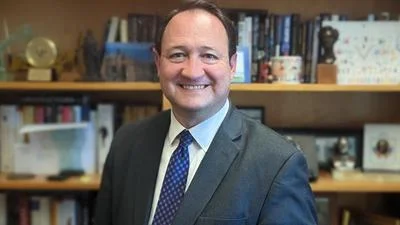Though a proposal to freeze local property taxes in Illinois was put on hold in the fall veto session, opponents are not shy about criticizing the bill.
SB851, sponsored by Rep. Michelle Mussman (D-Schaumburg), would have frozen taxes for two years in six key counties: Cook, Lake, McHenry, Kane, DuPage and Will, according to a memo from Executive Director Bryan E. Smith of the Township Officials lobbying group. Township boards in other counties and their constituents would be allowed to decide on a tax freeze by ballot measure.
A report from Chicago’s CBS affiliate said some Republicans had characterized the bill as “pandering” in the wake of a 32 percent hike in the state income tax the legislature approved last year. Illinois households pay more than $8,000 annually in state and local taxes, ranking them No. 1 in the nation, according to IllinoisPolicy.org.

A story in the Peoria Journal-Star quoted Gov. Bruce Rauner as selling a property tax freeze to constituents last summer. He was quoted in the story as saying, “I hear relentlessly about how difficult it is to raise a family, to make ends meet, how difficult it is to build a business in the state of Illinois with the property tax burden we’ve got.”
Although the governor might be able to score some points with voters by championing a property tax freeze, some officials say it would rob citizens of basic services.
“All property owners want property taxes lower,” Schaumburg Township Supervisor Mary Wroblewski said. “Property taxes pay for schools, park districts, libraries and townships. These same property owners also want all these groups to be strong, so there needs to be a balance.”
Scott Wallace, a member of the board of Hononegah Community School District 207 in Rockton, argues those services are available elsewhere, and that higher taxes stall growth and plummet property values.
“Townships provide, in most cases, redundant services that municipalities and county governments do,” Wallace said in an interview with the Rockford Sun. “So their opinions on matters such as property tax freezes should be weighted according to their ability to provide exclusive services to their constituents.”
Wallace is among a growing number of voices calling for an end the township system. Dating back to 2014, editorials in Reboot Illinois and Crain's Chicago Business advanced the idea of dissolution. Wallace suggests the voters should decide whether to keep the township system via a ballot initiative.
“Most taxpayers probably don’t realize the number of different taxing bodies they are supporting,” he said.






 Alerts Sign-up
Alerts Sign-up